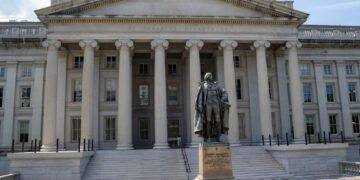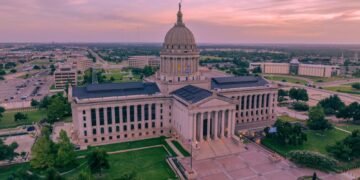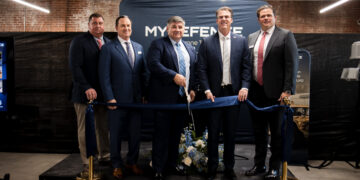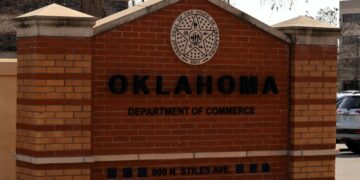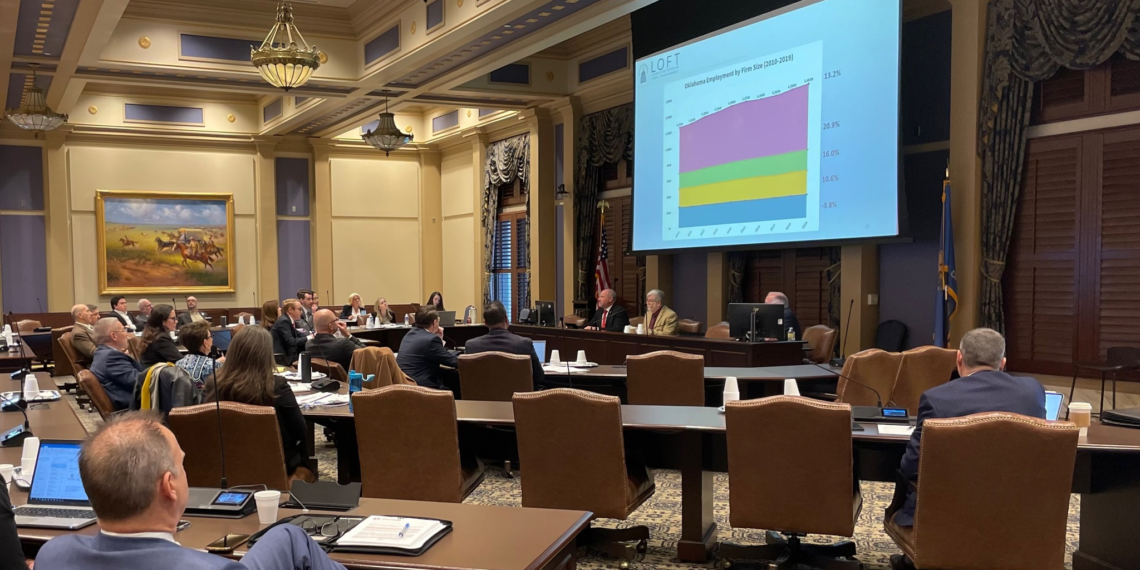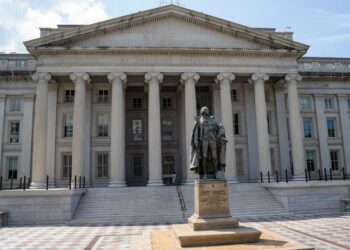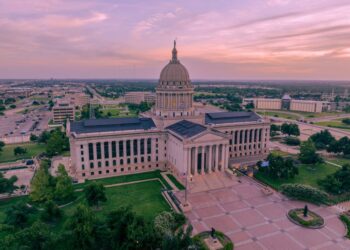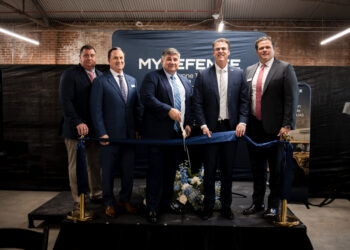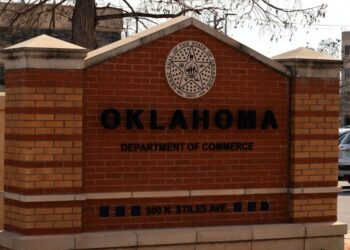OKLAHOMA CITY (OBV) – The Legislative Office of Fiscal Transparency (LOFT) released a report stating their recommendations for modernizing taxes on Oklahoma businesses.
The tax study was released during LOFT’s monthly meeting on Monday, Jan. 30.
LOFT is a legislative state agency that assists the Oklahoma House and Senate, providing budgetary recommendations to the LOFT Oversight Committee on setting government, higher education and public school funding.
“Recent actions to improve the competitiveness of Oklahoma’s business climate have led to it being recognized as one of the least expensive states to operate a business. While there are several factors that contribute to a State’s overall competitiveness such as cost of living, utility costs, workforce readiness, and infrastructure a state’s tax policy and overall tax burden plays a significant role in business decisions to open, expand, or relocate,” the reports states.
The report included the following tax report recommendations:
- Simplify the tax structure for business by transitioning to a single factor apportionment, eliminating the throwback rule or reducing compliance costs related to determining tax liability.
- Provide statutory clarification on the eligibility and administration of the Manufacturers Sales Tax Exemption to align with the legislature’s intent to grow Oklahoma’s manufacturing sector.
- Create a five-year, strategic economic growth plan.
- Raise the Revenue Stabilization Fund’s total deposits allowable cap so the state can reach the recommended 15 percent outlay saving level, as well as provide the ability to hold reserves to plan for transition tax policy.
The report also highlighted the business community’s need for workforce in Oklahoma by analyzing how tax incentives like the Aerospace Employers/Employees Tax Credit fostered substantial growth to the aerospace industry, summarizing that this could be a beneficial model to translate to other industries developing in Oklahoma.
LOFT examined Oklahoma’s overall business environment and found the following:
- Oklahoma had the 28th largest economy in the United States (2020).
- Oklahoma’s real GDP had the fourteenth-highest growth in the nation, at 18.9 percent, between 2010 and 2020.
- Oklahoma had the second-lowest overall state/local tax burden in the region (2021).
- Oklahoma had the second-highest total effective tax rate on businesses in the region (2021), although Oklahoma’s ranking has likely improved with the 2022 reduction in the corporate income tax, from 6 percent to 4 percent.
- During a time of general decline in manufacturing, Oklahoma’s aeronautics industry experienced 188 percent growth in GDP (2011-2021), with aerospace products and parts manufacturing recording the 7th largest increase in total employment from 2008-2022.
- As Oklahoma’s tax structure differs from other states in the region, tax policy changes require different considerations.
This article will be updated with the LOFT report in its entirety, once it is finalized.


